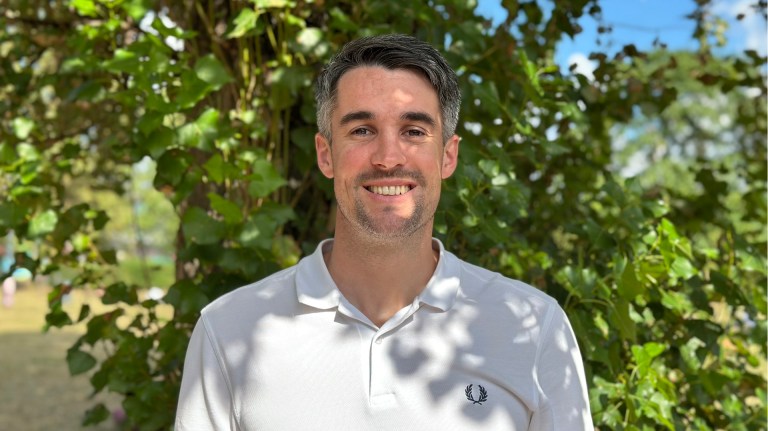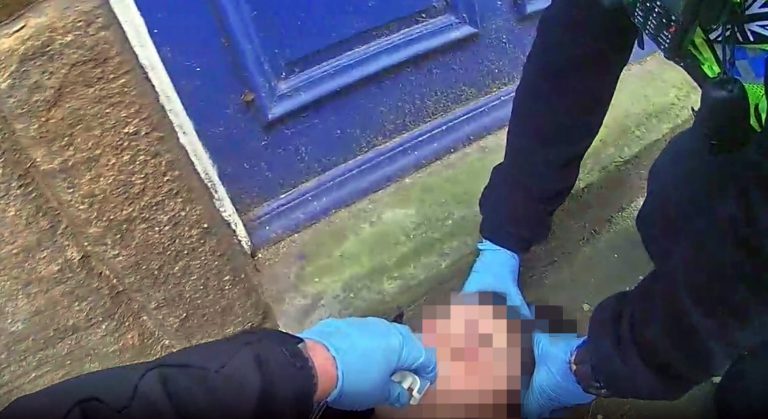The debt crisis continues to grow in the UK – but is our understanding of how to pay our bills growing with it? Bombarded with small print and contradictory figures at every turn, it can be hard to grasp complex financial concepts. Credit company warnings are calling into question whether we are getting the financial information needed to make the decisions that keep a roof over our head.
Debt charity StepChange revealed last year that the number of younger clients seeking debt advice has grown by 10 per cent in the last five years. The loss of private tenancy remains the single biggest driver of homelessness, according to government figures, with rental arrears a key reason as people struggle to find the cash to cover it.
How important is #financialeducation? Do you think it should be on the school curriculum? We want to hear your thoughts. https://t.co/fUxVbLgf1K pic.twitter.com/8qErQvk9jp
— Young Money (@YoungMoneyEdu) September 3, 2018
But in theory, kids should leave school fully prepared for the wider world – financial education has been on the national curriculum in England and Wales since 2014. That allowed primary school kids to get their teeth into money studies in personal, social and health education (PSHE) and citizenship as well as using pound signs in their maths sums. Wider social context is added in high school with a focus on personal finance, taxes and credit in citizenship classes.
When you’re teaching children how to cross the road, you don’t take them to the blackboard, you take them to the road where the cars are whizzing past. I think that’s the same with money
In Scotland, the Curriculum for Excellence, introduced in 2010, has provision for covering financial understanding, competence, responsibility and enterprise across learning. But is the information delivered in classrooms enough to keep heads above water? Russell Winnard of leading financial education charity Young Enterprise says: “No, it’s not.
“I think the slightly unfortunate news is that putting financial education into the national curriculum has not made any substantial difference. The academisation of schools [almost a third of state schools have become academies] has had an impact – academies don’t have to follow the national curriculum. It’s also about what national curriculum we give to schools and winning the hearts and minds of teachers, because education is about preparing our young people for the next stage of life and the world of work.”










